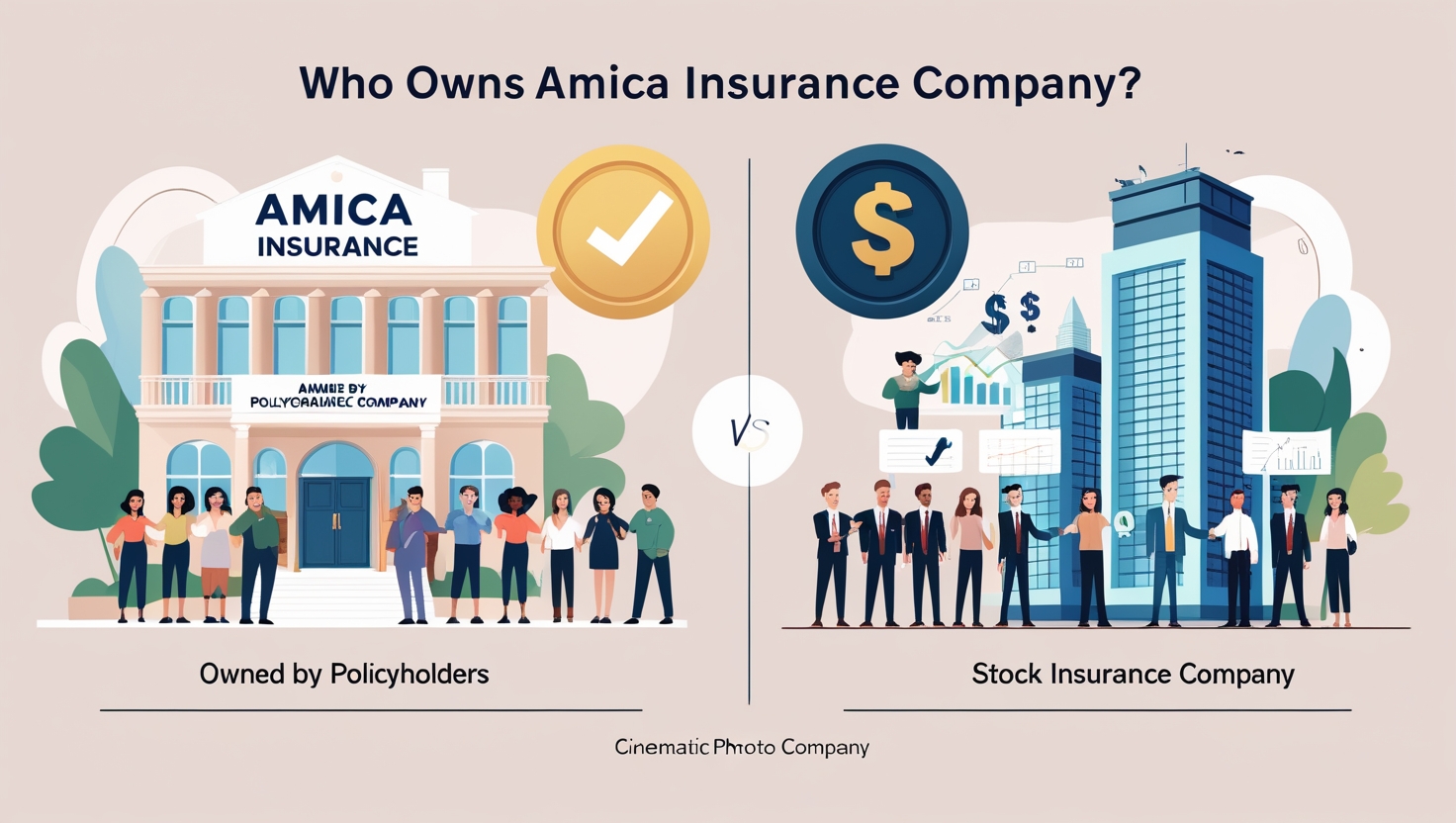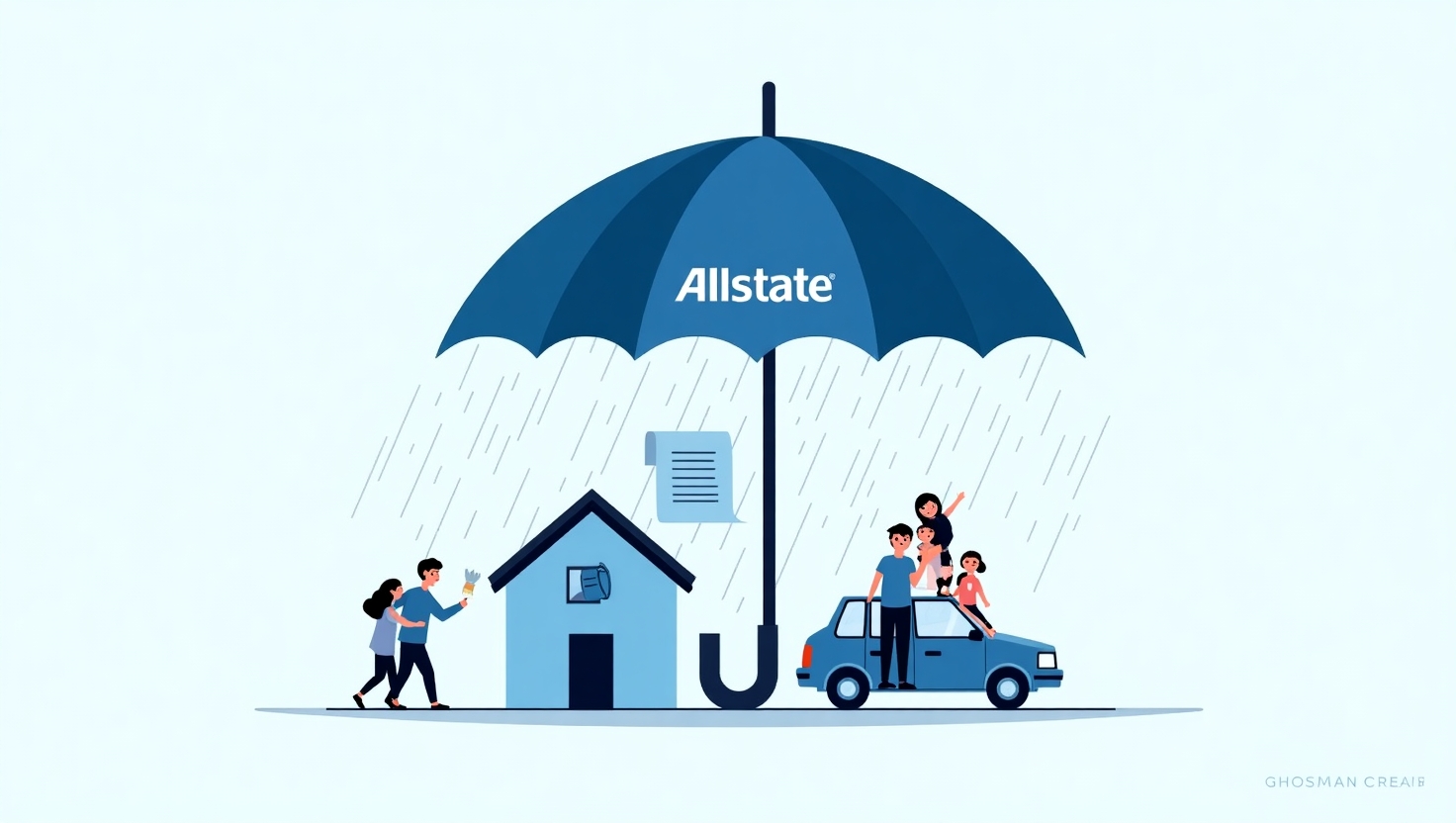Table of Contents
In today’s fast-paced world, technology is reshaping how we handle almost every aspect of our lives — and insurance is no exception. Enter Lemonade Insurance, a disruptive force in the world of homeowners insurance. Since its inception in 2015, Lemonade has set out to change the way we think about and experience insurance, with a focus on affordability, transparency, and ease of use.
But with so many options available for homeowners insurance, you might be wondering: Is Lemonade homeowners insurance good? In this comprehensive review, we’ll dive into everything you need to know, from coverage options and pricing to customer experiences and how it stacks up against traditional insurance providers. By the end, you’ll have a clear understanding of whether Lemonade is the right choice for your homeowners insurance needs.

What Makes Lemonade Homeowners Insurance Stand Out?
Lemonade isn’t just another insurance company — it’s a tech-driven startup that’s redefining how insurance works. The company uses artificial intelligence (AI) to handle everything from underwriting to claims processing. But it’s not just about automation; Lemonade also emphasizes transparency and a customer-first approach, offering a refreshing change from the often frustrating and opaque world of traditional insurance.
At its core, Lemonade’s mission is to provide insurance that’s affordable, easy to access, and tailored to the needs of today’s consumers. Their process is simple: you get a quote, purchase a policy, and manage it all through a smartphone app. Filing claims is easy, and the company promises fast payouts, which is a big departure from the lengthy processes seen with many legacy insurers.
What Does Lemonade Homeowners Insurance Cover?
Before diving into the details, let’s first take a look at the coverage Lemonade offers for homeowners:
- Dwelling Coverage: This protects the physical structure of your home in case of damage from events like fires, storms, or vandalism.
- Personal Property Coverage: If your personal belongings (like electronics, clothing, or furniture) are damaged or stolen, this coverage reimburses you for the loss.
- Liability Coverage: This protects you if someone is injured on your property or if you cause damage to someone else’s property. It also covers legal expenses in case of a lawsuit.
- Loss of Use Coverage: If your home becomes uninhabitable due to a covered event (such as a fire or flood), this coverage helps pay for additional living expenses.
- Medical Payments: Covers medical expenses for guests who are injured while visiting your home.
In addition to these core coverages, Lemonade offers optional add-ons (or “riders”) for more specific needs, such as:
- Flood Insurance: Through a partnership with the National Flood Insurance Program (NFIP), Lemonade provides flood coverage.
- Water Backup Coverage: This protects against damage from water backups, which isn’t typically covered in a standard homeowners policy.
- Earthquake Coverage: Available in certain areas prone to seismic activity, this optional coverage helps protect your home from earthquake damage.
Lemonade’s AI-Driven Model: A Game Changer in Insurance?
One of Lemonade’s biggest selling points is its use of artificial intelligence (AI) to automate most of the process. When you sign up for homeowners insurance, the AI (known as “Maya”) handles most of the heavy lifting. She’ll ask you a series of questions about your home, the level of coverage you need, and other details, creating a customized policy in minutes.
This AI-driven approach allows Lemonade to cut costs and reduce overhead by eliminating the need for agents, adjusters, and other intermediaries. This means that Lemonade can offer lower premiums than traditional insurers, while also promising faster claims processing. The app-based model also makes it easy to manage your policy, file claims, and track the status of any claims you’ve submitted.
Is Lemonade’s Pricing Competitive?
When it comes to pricing, Lemonade homeowners insurance generally offers more affordable rates compared to traditional insurers like State Farm, Allstate, or Progressive. According to industry reports, Lemonade’s policies are often significantly cheaper, especially for customers who don’t require extensive coverage.
However, the cost of homeowners insurance can vary depending on several factors, including:
- The value of your home
- Your location (hurricanes, floods, or wildfires can increase premiums)
- Your claims history
- The type of coverage you need
To truly determine if Lemonade is the best deal for you, it’s important to compare quotes from multiple insurers. While Lemonade’s rates may be lower for some, traditional providers may offer discounts or bundled policies that make them more cost-effective for others.
Lemonade’s Claims Process: Fast, Transparent, and Efficient
One of the standout features of Lemonade homeowners insurance is its claims process. Traditional insurers can take days or even weeks to process a claim, but Lemonade has made it a priority to streamline the entire experience. Through the app, most claims are processed automatically using AI. The company promises that some claims can even be paid out in minutes, a significant departure from the sluggish timelines typical of traditional insurance companies.
To file a claim, all you have to do is take a few photos, answer some questions, and the AI will do the rest. If your claim is straightforward, it may be approved and paid out within a few minutes. For more complicated claims, a human claims adjuster steps in to help, but the AI still manages much of the work.
While the fast claims process is a huge plus, some customers have reported issues with claim denials or difficulty in reaching support for more complicated claims. However, these reports are relatively rare, and Lemonade is constantly working to improve its services.
How Does Lemonade Compare to Traditional Insurers?
Now that we’ve explored what makes Lemonade unique, it’s time to see how it stacks up against traditional homeowners insurance providers.
Pricing: The Advantage of Lower Costs
As mentioned earlier, Lemonade’s pricing is typically lower than that of traditional insurers. This is largely due to its reliance on AI and its no-commission business model. While the cost of homeowners insurance can vary depending on your location, many customers report paying significantly less for similar coverage through Lemonade.
In contrast, traditional insurers often have higher premiums, especially for customers who are in high-risk areas or need additional coverage. However, established insurers may offer discounts for bundling multiple policies (e.g., home and auto insurance), which can help offset the higher premiums.
Customer Service: The Human Element
While Lemonade is praised for its user-friendly app and fast claims processing, some customers miss the human touch that comes with dealing with traditional insurers. Major insurance companies like State Farm and Allstate have decades of experience and established customer service teams, offering the ability to speak with a live agent when needed.
Lemonade’s claims process is heavily automated, which may feel impersonal for those who prefer direct interaction. That said, the company has a strong commitment to transparency and social impact, with a “Giveback” program that donates unclaimed premiums to charity.
Coverage Options: Comprehensive vs. Customizable
Traditional insurers tend to offer a wider range of coverage options, particularly for specialized needs. For example, State Farm and Farmers Insurance may offer more options for high-value homes, unique risks, or special endorsements that Lemonade doesn’t cover. However, if you’re a typical homeowner looking for standard coverage, Lemonade’s offerings may be more than sufficient.
Trust and Reputation
While Lemonade is still relatively young compared to the long-established names in insurance, it has quickly built a reputation for innovation and customer-first practices. However, its track record is shorter, and it’s still working out some kinks in terms of customer service and claims management. Traditional providers have a well-established history and a more predictable track record.
Pros and Cons of Lemonade Homeowners Insurance
Pros:
- Affordable Premiums: Competitive rates, particularly for renters or those with smaller homes.
- Tech-Savvy: Fast, AI-driven claims processing that’s efficient and convenient.
- Transparency: Clear pricing with no hidden fees.
- Social Impact: The “Giveback” program, which donates unclaimed premiums to charity.
- Convenient App: Everything can be managed via a user-friendly app.
Cons:
- Limited Coverage Options: While the basics are covered, more specialized coverage may be lacking.
- No Human Touch: Some customers prefer dealing with live agents for complex issues or claims.
- Mixed Customer Reviews: Some customers report issues with claims denials or difficulty reaching support.
- Still New: Lemonade is a relatively young company and may not have the experience of traditional insurers.
Is Lemonade Homeowners Insurance Right for You?
So, is Lemonade homeowners insurance good? The answer depends on your needs and priorities. If you’re looking for a low-cost, tech-driven, and straightforward homeowners policy with fast claims processing, Lemonade could be a great fit. However, if you’re seeking personalized customer service or more specialized coverage, you may want to consider a traditional insurer.
Ultimately, it’s essential to compare quotes and assess your unique needs before deciding. If you value simplicity, affordability, and transparency, Lemonade might just be the perfect option for your homeowners insurance needs.
Get Started with Lemonade
Ready to explore Lemonade homeowners insurance for yourself? Visit their website, get a personalized quote, and see if their innovative approach to insurance works for you.




